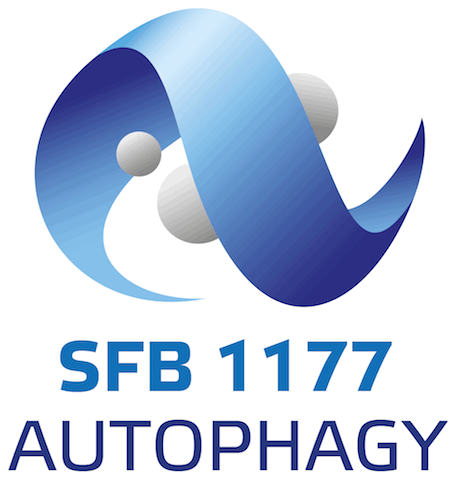SFB 1177 PI Claudine Kraft awarded ERC Synergy Grant
- 10. Nov. 2025
- 1 Min. Lesezeit
The project “DegrAbility: On the Degradability of Protein Aggregates by Autophagy”, led by SFB 1177 PI Claudine Kraft (University of Freiburg), together with James Hurley (UC Berkeley) and Sascha Martens (University of Vienna), has been awarded a prestigious €10 million ERC Synergy Grant.
The project addresses a central question in cellular biology: why autophagy fails to clear large protein aggregates. Such aggregates accumulate during ageing and in neurodegenerative diseases like Alzheimer’s, causing cellular dysfunction. Research from Kraft’s group has revealed that it is not only the physical properties of aggregates that determine their degradability, but the dynamic interaction between the aggregates and the autophagy machinery. When this interaction becomes too tight, autophagy is blocked and aggregates persist in the cell.
DegrAbility combines complementary approaches across the three laboratories. Claudine Kraft uses tunable cell models to study how these mechanisms operate in a biological context and affect cellular function. James Hurley applies high-resolution structural analyses to visualize interactions at the atomic level, while Sascha Martens employs biochemical reconstitution systems to manipulate and test these interactions at the molecular level. By integrating cellular, structural, and biochemical perspectives, the project aims to uncover mechanisms that could inform strategies to promote the targeted degradation of toxic protein aggregates in ageing and disease.
The ERC Synergy Grant will support this six-year international collaboration, enabling the teams to explore novel pathways for enhancing autophagy and potentially developing therapeutic approaches for age-related and neurodegenerative conditions




